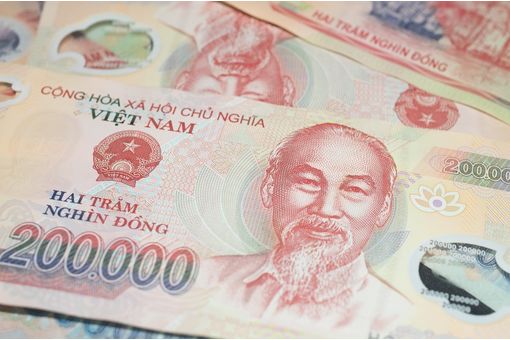Bangladesh likely to benefit from China's deflation, analysts feel

Insights
- Executive director of PRI anticipates reduction in inflation in Bangladesh due to availability of cheaper Chinese imports.
- CEO and chairman of Policy Exchange of Bangladesh emphasised importance of exchange rate stability to fully capitalise on deflationary opportunities.
- Dr. Zahid Hussain anticipates positive effect on Bangladesh's exports.
The prolonged period of deflation in China, attributed to industrial overcapacity and weak household demand, has led to a reduction in the prices of Chinese exports. This, in turn, benefits Bangladesh, a major trading partner of China, by lowering the costs of imported inputs for its industrial outputs.
Dr. Ahsan H. Mansur, executive director of the Policy Research Institute of Bangladesh (PRI), expects a reduction in inflation in Bangladesh due to the availability of cheaper Chinese imports during times of deflation. However, he advises caution to prevent overstocking, which could further drive down prices.
Bangladesh’s significant dependence on imports from China underscores the potential impact of China’s deflation on its economy, particularly on exports. Dr. Zahid Hussain, an independent economist, anticipates a positive effect on Bangladesh’s exports, given that a considerable portion of its imports consist of materials from China.
Despite the potential benefits, some economists raised concerns about the growing appreciation of the US dollar against the Bangladeshi Taka, which could offset the advantages of deflation.
Dr. M. Masrur Reaz, the CEO and chairman of the Policy Exchange of Bangladesh, emphasised the importance of exchange rate stability to fully capitalise on the deflationary opportunities.
While Bangladesh stands to benefit from potential shifts in global value chains seeking higher returns, challenges remain, nonetheless.
The slowdown in Chinese industrial output could impact the availability and prices of Chinese goods, potentially raising import costs for Bangladesh.
Furthermore, weakened cash flow in Chinese companies could also affect foreign direct investment inflows, posing added challenges.
Fibre2Fashion News Desk (DR)
































-Ltd..jpg?tr=w-120,h-60,c-at_max,cm-pad_resize,bg-ffffff)





.jpg?tr=w-120,h-60,c-at_max,cm-pad_resize,bg-ffffff)
.jpg?tr=w-120,h-60,c-at_max,cm-pad_resize,bg-ffffff)






